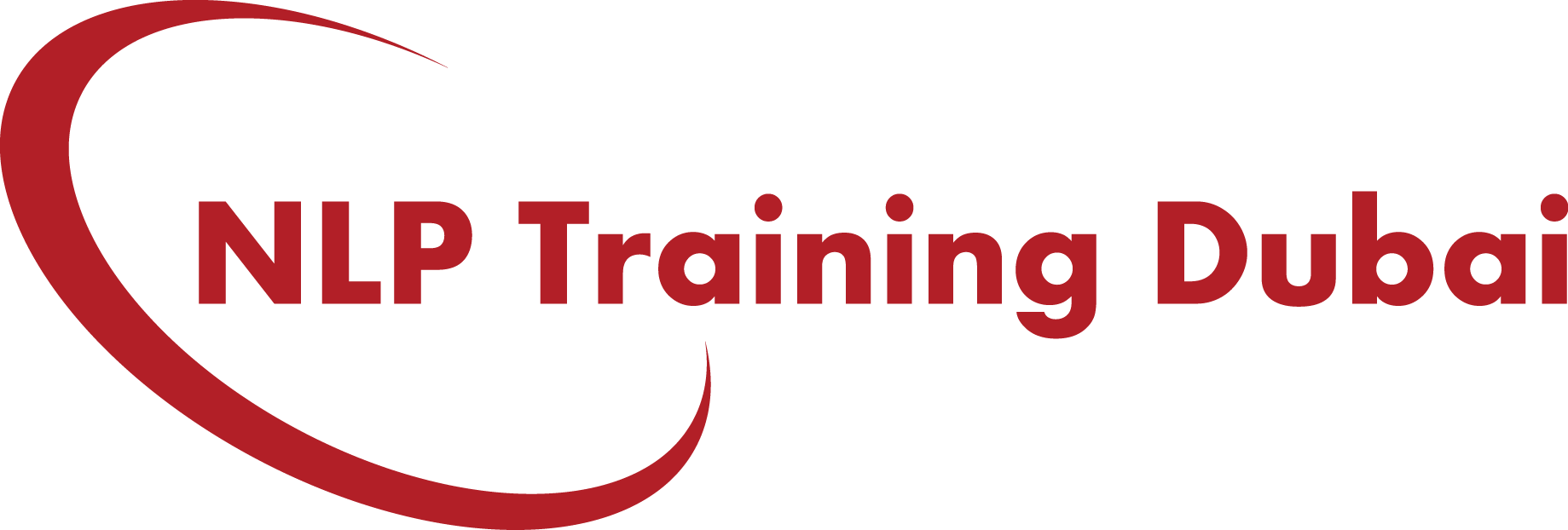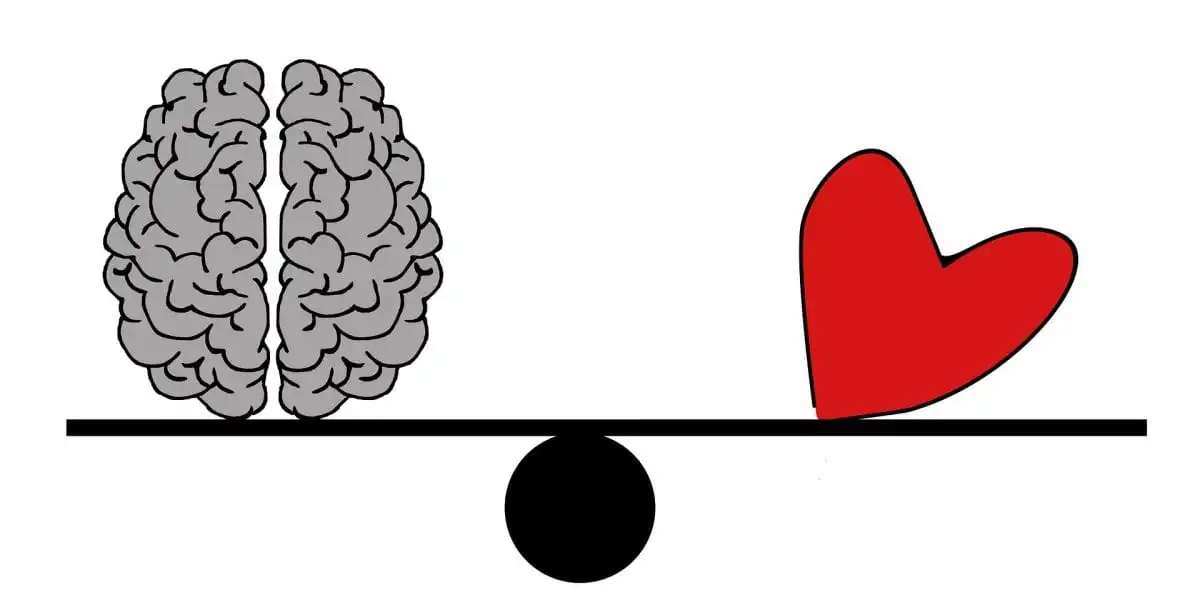The Pain and Pleasure Concept Simplified
The heart and the brain are like two sides of a coin, both with its own significance and value and cannot be whole without one another. Whilst the brain, we also call it the mind, is considered to be the logical twin, the heart is the emotional one. The best part is, decisions are made by both of them. I am talking about the heart and the brain because they are part of the subject of this blog where I am trying to simplify the Pleasure and Pain Concept.
Let us first study the pleasure concept in brief.
The pleasure concept is a term originally used by Sigmund Freud to characterize the tendency of people to seek pleasure and avoid pain. Freud argued that people will sometimes go to great lengths to avoid even momentary pain, particularly at times of psychological weakness or vulnerability. Pain is not something any of us like,to the extent that, we would go to any length to avoid pain. But pleasure; well that is a different story.
We all know the model of the psyche – ID, EGO and SUPER EGO. According to Sigmund Freud’s personality theory (1923), the psyche is structured into three parts, the id, ego and superego. They all keep developing at various stages in our lives. These are systems, not parts of the brain, or in any way physical.
The pleasure principle is driven by the id, which is a part of the unconscious, dedicated to pleasure and base drives. According to Freud, it is the id that rules our personality in infancy and early childhood, which is later taken over by the ego and superego,which develops as we grow older. The influence of the ego and superego can mitigate the influence of the id, but the pleasure principle still remains an important part of our underlying personality. At any point in life, we try to avoid pain. This is our id at work.
Let’s starts from an early age. Ever watched a child’s behavior? Whatever they do, children tend to seek immediate gratification. They only want pleasure and joy in what they do and get, and avoid pain as much as possible. However, as the child grows up, they are exposed to various situations and circumstances which change their behavior and make them more realistic about their desires. They slowlybegin to realise that at times they must tolerate pain and delay gratification, either because of constraints of life or because the pain could be for a larger good. With this realization,children start operating under the reality principle, which still seeks pleasure, but without disregarding the constraints of reality.Needless to say, even when operating under the reality principle, a person may still experience behavioral disturbances when needs for pleasure are not met or when he or she experiences unwanted pain.
Getting a deeper understanding of the Pleasure and Pain Concept will enable you to get a better grip on your life. Few points and examplesto elaborate this further….There is a flow to it that you need to understand well.
- Human Beings are programmed to Avoid Pain and Gain Pleasure
If you had two choices, what would you choose – pain or pleasure? Most obviously pleasure would be your first answer. You would pick the one that gives you more pleasure and the one that gives you less pain. So if I say – Here, I have a slice of yummy cheese cake, (knowing that you love cheese cake) and I have this bitter gourd juice. Please choose what you will have? What would you prefer? Obviously, the yummy cheese cake. Eating it would give you pleasure.
Fine. But now we go to the next point
- Avoiding pain is more important to Human Beings Than Gaining Pleasure
Pleasure is their id factor. But with age and understanding, they start to get realistic. Even still, human beings will go a great extent to avoid pain, than they will to gain pleasure. So yes, you will prefer to eat the cheese cake than have the bitter gourd juice. What if you have to watch your health and cheese cake is not good for you? What if the bitter gourd, although painful to drink, is the better option? Now the concept has changed in your mind, hasn’t it?
Now you see the pain and the pleasure of the cheese cake and the pain and pleasure of the bitter gourd juice and here you have to make a choice. Obviously your brain knows what is going to give you less pain in the long run andwill select accordingly, because we are programmed to do more to avoid pain than to gain pleasure. It will select the bitter gourd juice since it is the healthier option and will not harm you.
Now moving to the next flow – our next point. This is very interesting and people need to be more aware of this.
- Its more Perception than reality
Perception plays a huge role in the pain and pleasure concept. The perception theory states that it is not necessary that you want to do more to avoid pain and gain pleasure. It is the perception of pain and pleasure that guides our reactions and decisions.
For example, the brain doesn’t really know what is pleasurable and what is painful. It is how you perceive that particular experience. Do I perceive it to be painful or do I perceive it to be pleasurable?
So here it is not actually drinking of the bitter gourd juice that is painful, but the fact that you perceive that the juice is going to taste so bad and the struggle to swallow, that is going to hurt you. Your perception creates your reality, even though it is not the reality, your brain sticks to it, that it will be painful to drink it. So you’ll do more to avoid pain than to gain pleasure. This explains whymany of us make irrational decisions that we later regret.
- Emotion v/s Logic – Emotion wins
Pleasure and Pain are two sides of a coin that can motivate us to take decisions and act on them. Pleasure makes us happy and we generally have a positive attitude towards pleasurable things. On the other hand, pain feels bad and brings out a negative attitude towards anything that causes it. It is our attitude towards both of these that rules our decisions. Be aware that always, the emotional pain or pleasure is much stronger than the logical one. Hence the stronger feeling emotions triumphs over logic all the time. When put simply, it means that, when something is going to hurt your heart you will do anything in order to avoid that hurt or pain. Logic doesn’t stand a chance in such situations. Your heartwill overrideyour mind more easily than vice versa.
- When you have to choose Survival against Desire, Survival Wins
People love themselves. While it is true that that people will sometimes go to great lengths to avoid even momentary pain, if we consider everything, survival always beats desire. Again, if I offered cheese cake and bitter gourd juice to a diabetic, he would choose the juice instead of the cake because he knows the cake is harmful for his health. This is because as human beings we’re programmed for survival, we are not programmed to thrive. So when you know you are in danger, your survival instincts come to the fore. This is an emotional trait right. So as said before – emotions win! It would be in your best interests to make your survival instincts work for you instead of against you.
In conclusion
All of the emotional experiences you have had are a result of how you interpreted your experiences at that particular time. So your pain and pleasure experiences are your personal interpretations based on your perspectives at the time. Since these are personal experiences and personal interpretations of those experiences, we can understand that we all will have different experiences and our interpretations of those experiences will vary from each other. What would be poison for you could be nectar for some other person. What you interpret as a painful experience, another person might interpret as a pleasurable experience.
Take a moment to reflect on these experiences and you will gain valuable insights to this whole Pain and Pleasure Concept. In the end, trust your survival instinct to take the right decisions and push you forward.
NLP Training Dubai (www.nlptrainingdubai.com) – powered by UV Consultants, is a global NLP training & coaching platform which offers quality NLP training and coaching certification programs in Dubai and other locations across the middle east. To know more about our NLP & Coaching programs, please write to nlptraining@uvconsultants.com or call +971 4 8525752 | +971 50 670 5615.






